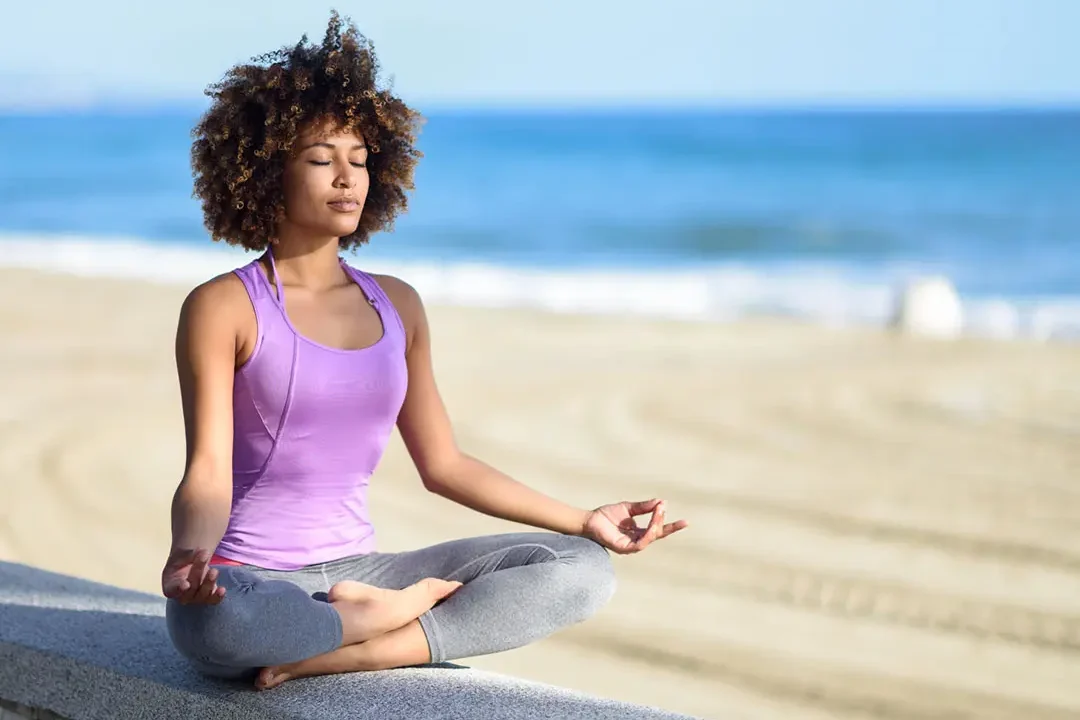
Anxiety therapy in Tampa often begins by exploring simple, everyday habits that reduce tension and calm the mind. These practices do more than pass the time. They nurture resilience, support emotional regulation, and help prevent anxiety from building. Counseling professionals agree that small, consistent habits can bring steady change. This article outlines practical strategies you can begin today, along with guidance on when anxiety may require professional help.
Calming Breathing Routines
Controlled breathing is one of the easiest ways to calm down anxious thoughts. Start by breathing from your diaphragm. Place one hand on your stomach and the other on your chest, whether sitting or lying down. Breathe in through your nose for four counts, letting your stomach rise. For six seconds, breathe out through your mouth. Every day, practice for two or three times for five minutes.
Box breathing is another way. Breathe in for four seconds, hold it for four seconds, then breathe out and wait four seconds before the next breath. This rhythm helps calm the mind, slow down the heart rate, and stop racing thoughts.
Journaling for Clarity
Putting your thoughts on paper gives order to something that can feel overwhelming. Every morning or evening, take ten minutes to write down your feelings without judging them. Include things that might set you off, physical feelings, or worries that keep coming up. Think about it later to find out what caused your stress or what patterns you see.
You can also keep a gratitude journal to go along with this. Every day, write down two or three things you are thankful for. Simple things like a friend’s support, fresh air, or a satisfying meal can help you see things differently and calm your nerves.
Practicing Mindfulness and Meditation
Mindfulness teaches you how to look at your thoughts without getting attached to them. Every day, for ten minutes, try a guided meditation where you focus on your breath and let thoughts come and go without getting involved. This practice helps you stay calm and lowers your reactivity.
Another option is walking meditation. Take your time and pay attention to your breathing, steps, and surroundings. Pay attention to how your feet feel on the ground, the sounds around you, and the way you move. Being aware of things like this keeps you in the present.
Physical Health and Lifestyle Choices
Exercise helps keep your emotions in check by releasing endorphins. Try to do moderate exercise for at least 30 minutes most days. This could be walking, doing yoga, or riding a bike. Even a little bit of movement can help you relax when you’re feeling anxious.
It’s also beneficial to have good sleep habits. Stick to a regular schedule, stay away from screens before bed, and make a calming routine by reading or stretching. Nutrition is also essential. Eat meals that are balanced, drink enough water, and cut back on caffeine. Stable blood sugar helps keep your mood stable.
Managing Thoughts with Cognitive Tools
Distorted ways of thinking are common in people with anxiety. Thought records can help them fight back. When you start to worry, ask yourself what evidence there is for it, what evidence there is against it, and if there is a better way to look at it.
You can change your perspective on catastrophic events. Instead of “What if I fail?” think about “What if I learn or manage something useful, even if things don’t go as planned?” This kind of reframing makes people less afraid of what might happen.
Another way to deal with worry is to set aside time for it. Take some time each day to think about your worries. If anxiety comes up outside of that time, write it down and put it off. This method stops worries from taking over the whole day.
Relaxation and Self-Soothing
Progressive muscle relaxation can help you relax your body. Begin with your feet and tense each muscle group for five seconds before relaxing. Go up through the body. The difference between being tense and relaxed teaches you how to be aware and in charge.
Imagining things also helps. Imagine a peaceful setting, such as a serene beach or a tranquil forest. Use all of your senses: see the details, hear the sounds of nature, and feel the space. A few minutes of visualization can help your mind feel better.
Make a personal set of tools to help you calm down. Add music that calms you down, scents that make you feel positive, warm tea, or time outside. These little things can help you get back on track when your anxiety starts to rise.
Recognizing When to Seek Professional Help
Self-care can be beneficial, but sometimes anxiety needs counseling help. If anxiety is making it hard for you to do everyday things, if panic attacks are happening more often, or if intrusive thoughts are making it hard for you to rest and concentrate, you might want to think about getting therapy. If you experience ongoing physical symptoms, such as a racing heart, dizziness, or shortness of breath, you should also seek medical help.
Professional treatment may utilize cognitive behavioral therapy, acceptance and commitment therapy, or other methods tailored to each individual’s specific needs. Therapists offer organized methods and a secure setting to tackle both present symptoms and root causes.
Coping with anxiety involves adopting consistent daily practices such as controlled breathing, journaling, mindfulness, exercise, and thought management. These habits provide calm in the moment and strengthen long-term resilience. When anxiety interferes with daily life despite these efforts, professional counseling offers additional support and direction.
For those seeking guidance in anxiety therapy and counseling in Tampa, consider connecting with Bethesda Revive Counseling Services. Their team can help you take meaningful steps toward greater calm and well-being.
Picture Credit: Depositphotos



